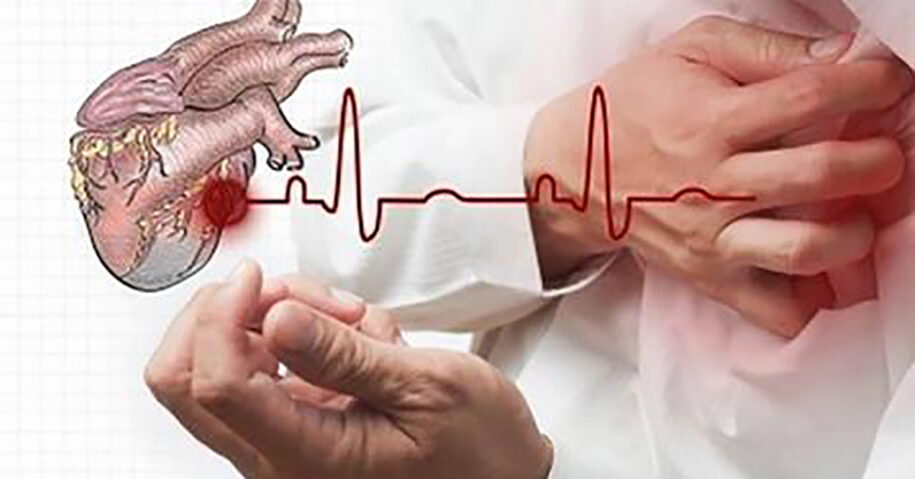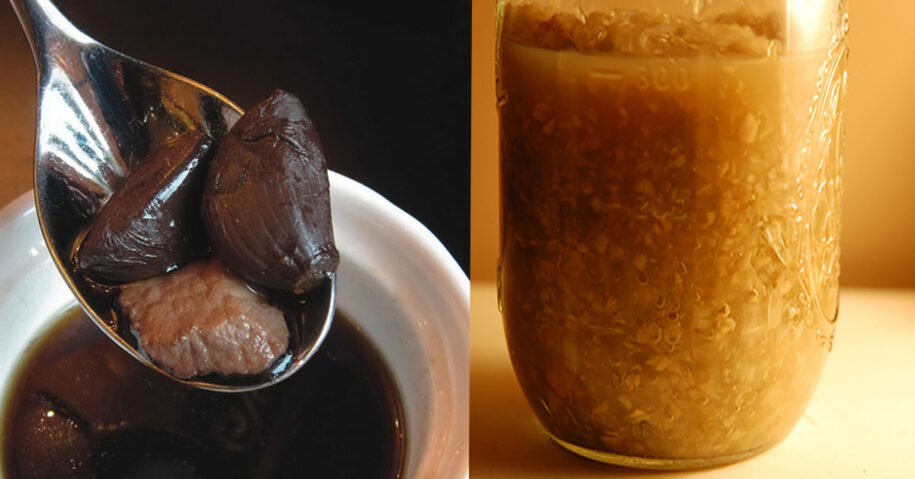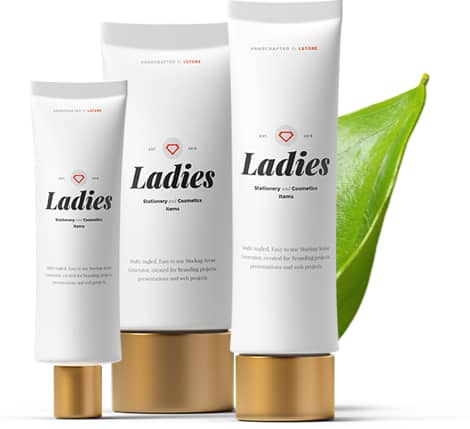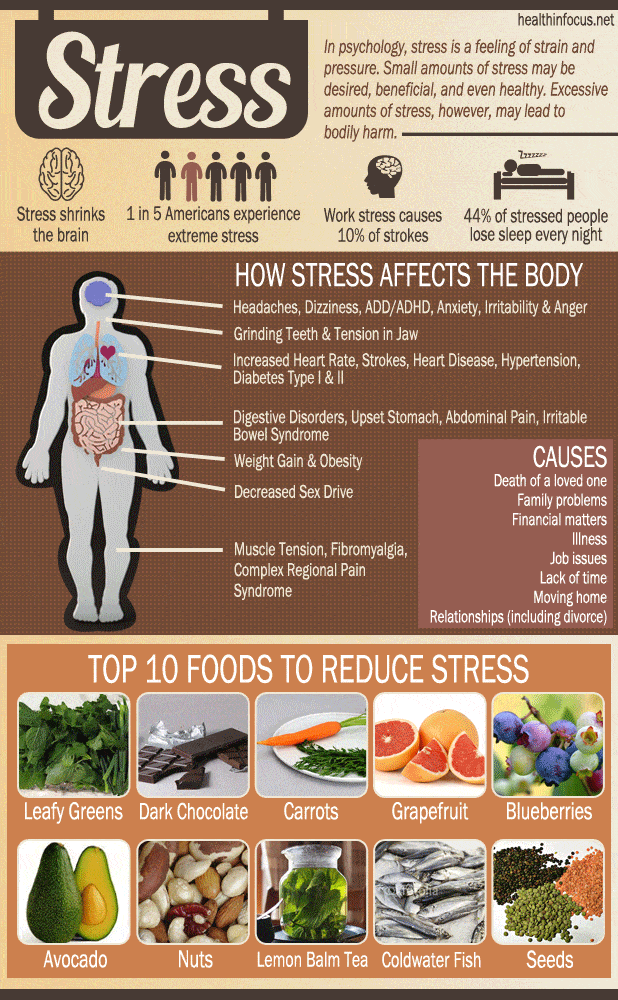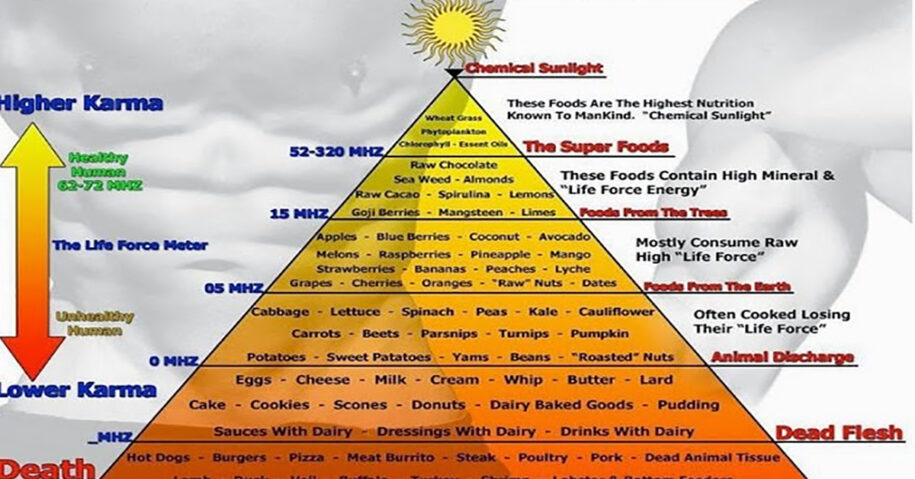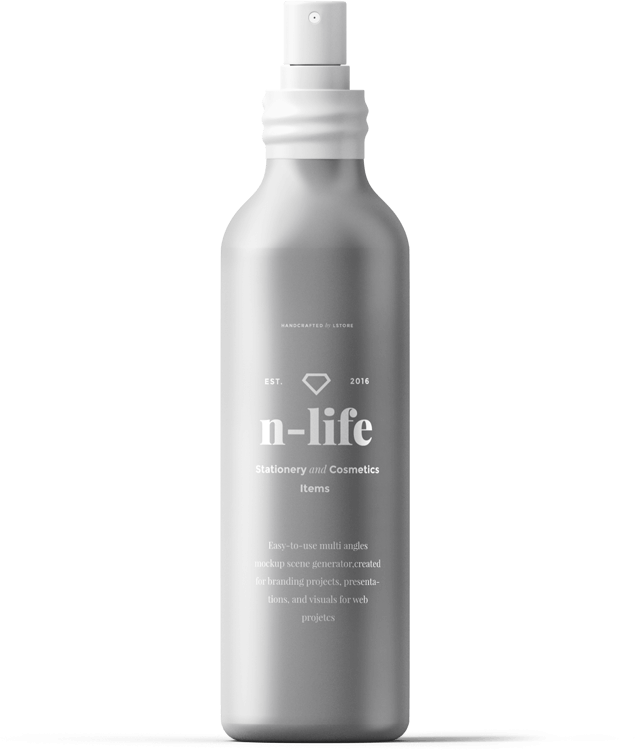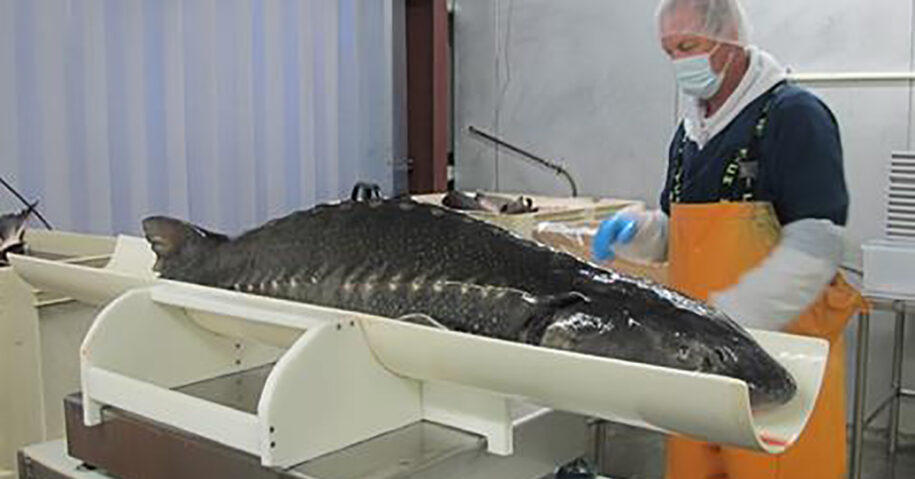
The One How it’s Made Video You Don’t Want to See
Caviar farmers have of course developed a method to farming their fish as any other factory farm would do. Fish are slain in the south of France after living their short lives on these farms.
These fish are monitored their whole lives through ultrasound and things of this manner. Once the egg production is at its perfect point the fish is killed. The fish is then sliced open and the eggs are torn out of its lifeless carcass.
This is quite a sad process, however, the technology being used in this helps the fish to live longer as they are not being killed randomly in hopes of finding eggs rather than being killed only when eggs are present. Once the eggs have been removed they are packed into tins and shipped across the globe.
While we don’t usually think of fish in the same way that we do other animals is it really okay to do this to them? Fish are treated just as bad as other factory farmed animals. To see how caviar is ‘made’ please watch the video below.
https://youtu.be/JN2CuRThkb4?t=81


